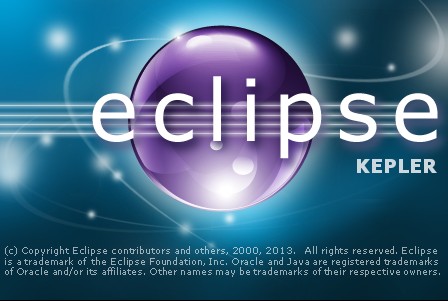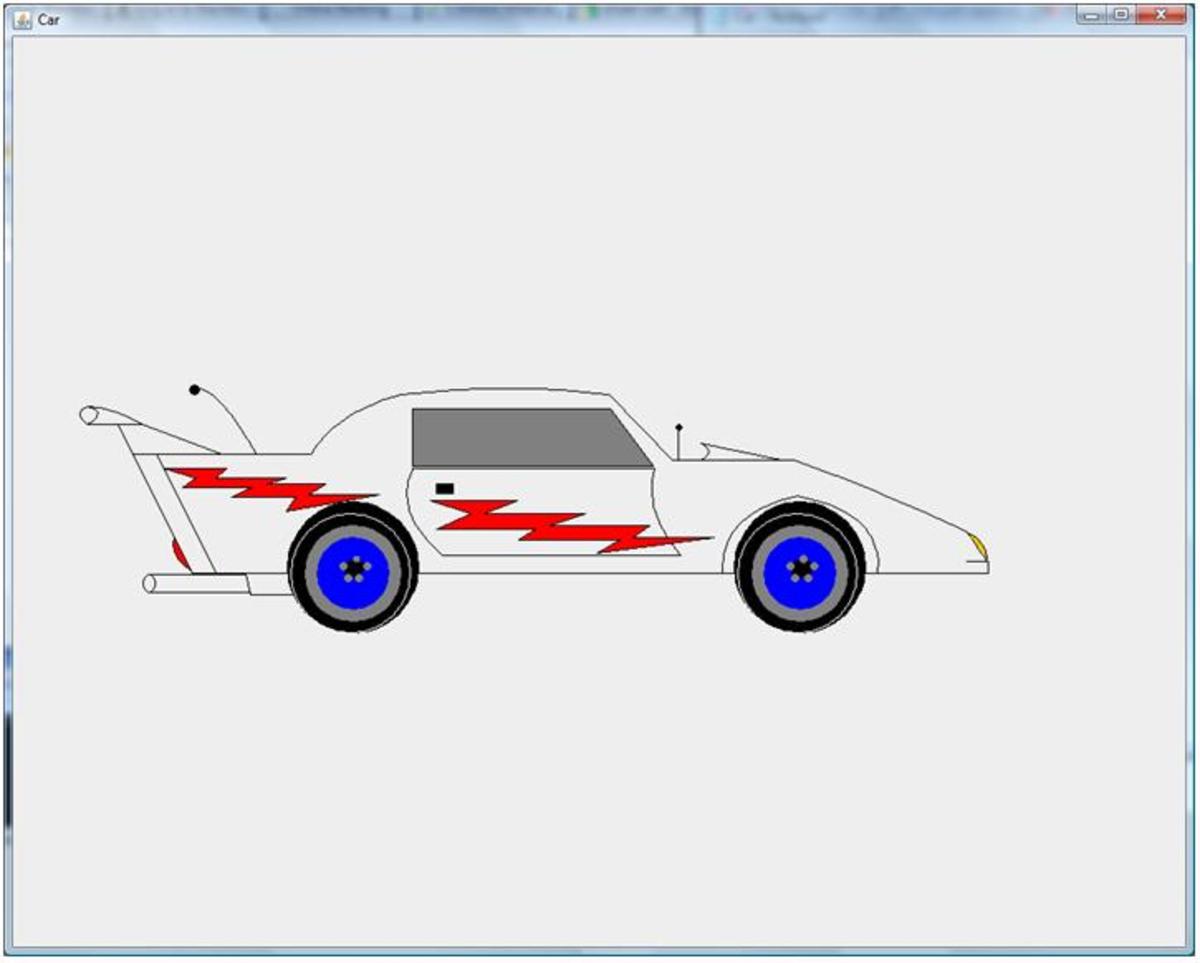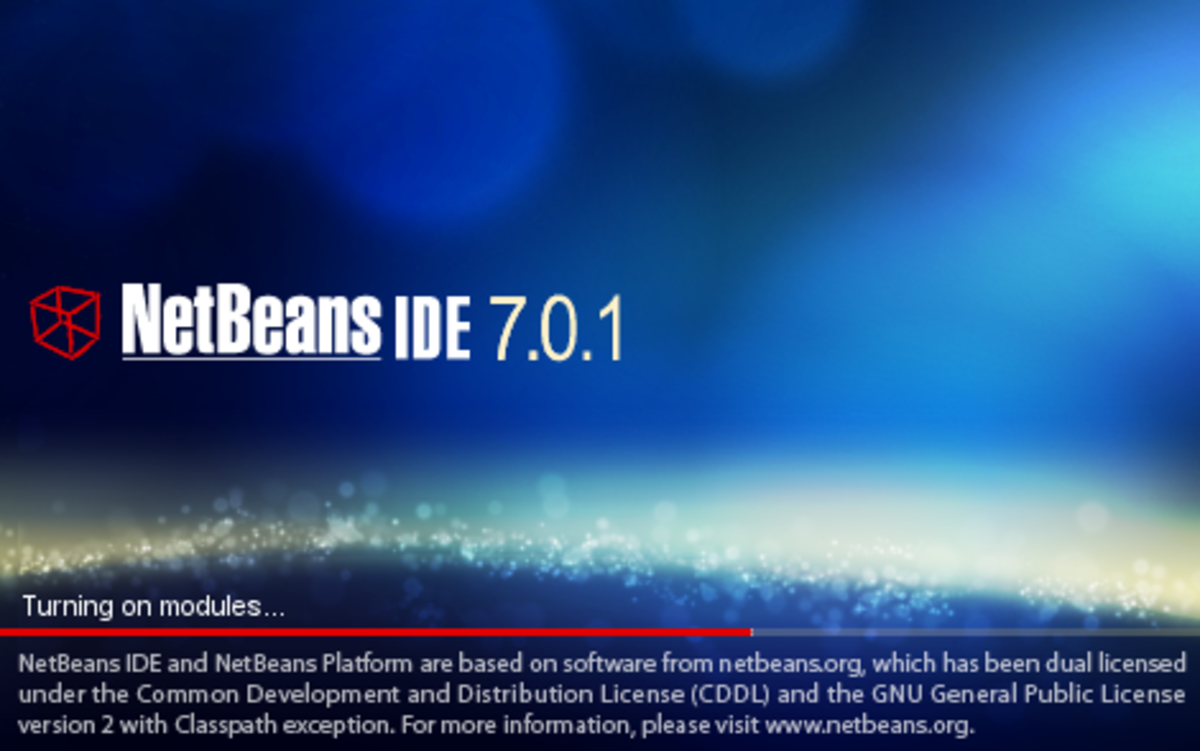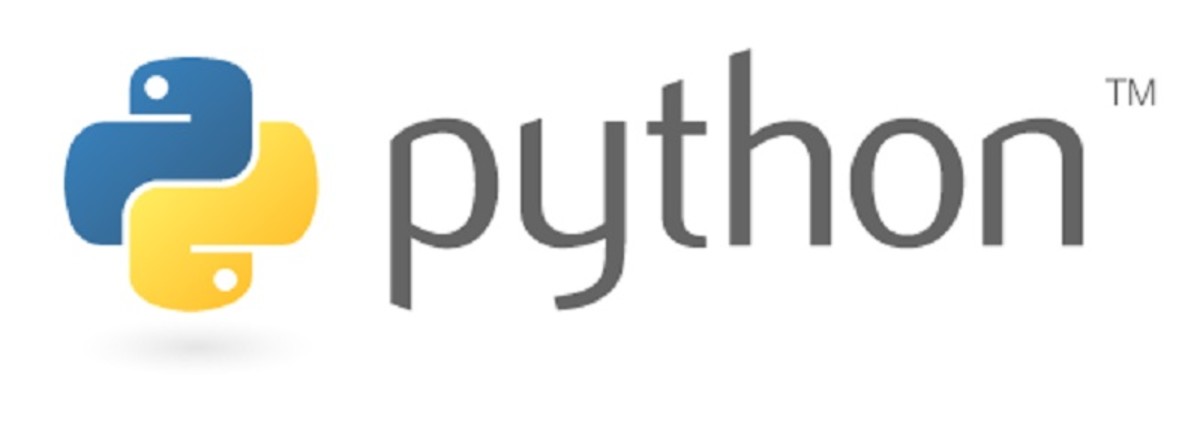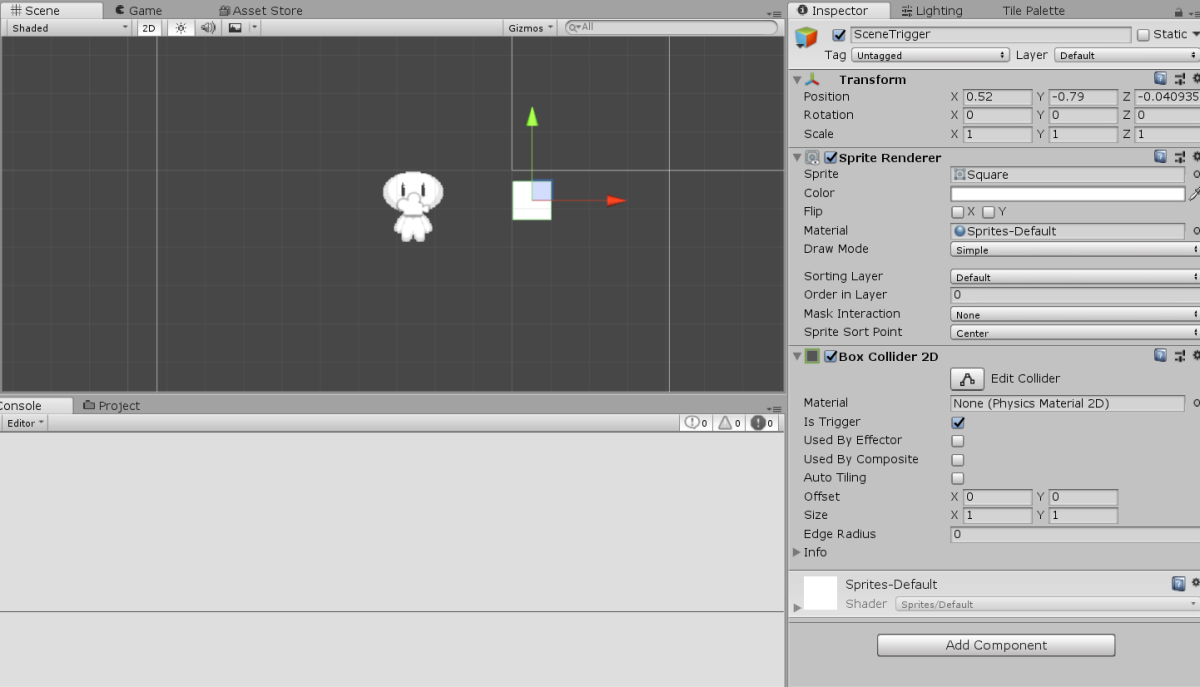- HubPages»
- Technology»
- Computers & Software»
- Computer Science & Programming»
- Computer Programming Tutorials
Eclipse IDE (Integrated Development Environment) Tutorials - Extremely Useful for Java & Android Programming
What is Eclipse?
Eclipse can be thought of as a 'bundle" of software tools which helps to maximize programmer productivity. The Eclipse program components provide the environment for writing, modifying, compiling, debugging, and deploying software. Within the Eclipse environment a programmer can with the aid of plug-ins create applications in any number of languages, including but not limited to the JAVA programming language. Support is also available for C++, COBOL, Python, Ruby on Rails, Python, (and others).
The advantages of using Eclipse is that a programmer is presented with a cohesive set of tools rather than having to piece together a set of unrelated development tools.
Eclipse comes in a variety of "flavors"
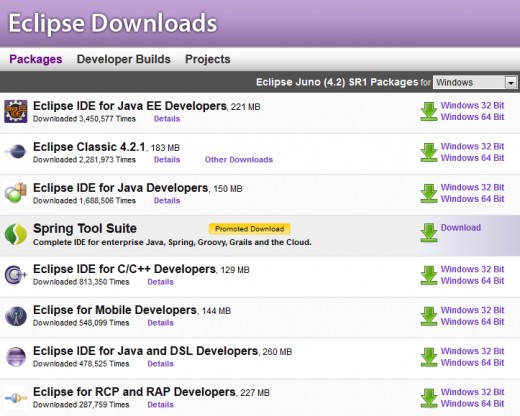
Choosing and Installing Eclipse
The picture to the right shows the set of downloads available at the Eclipse official web site, http://www.eclipse.org/downloads.
The downloads differ in their components for the type of application targets. you are planning to develop. For the purpose of these Eclipse tutorials as well as for my Java tutorials you can use either:
- Eclipse IDE for Java EE Developers
or
- Eclipse IDE for Java Developers.
Ease of Installation
Installing Eclipse on Windows
There is no installation program for Eclipse. The Eclipse product which you will download is a .zip file. As such all you need to decide on is a location to unpack the zip file. (If you are unfamiliar with how to unzip (i.e. decompress) a file there are a number of articles regarding the subject available from Microsoft (http://windows.microsoft.com/en-us/windows-8/zip-unzip-files is one example) as well a a host of user friendly and free zip/unzip (compress/decompress) packages available for download. Many of these packages have some attractive add-on feature "extras".
Eclipse has a requirement of a JVM (Java Virtual Machine). Since the objectives of our tutorials is to write Java applications you will need to download and install a JDK (Java Development Kit) which consists of development tools, a public Java Runtime Environment (JRE), and optionally source code. The Java requirements can be met by downloading the JDK from the Oracle Corporation site: http://www.oracle.com/technetwork/java/index.html.
Representative Requirements for an ECLIPSE Environment
Operating System
| Hardware
| Software
|
|---|---|---|
Windows 7
| X86 32-bit or 64-Bit
| Oracle Java 6 or 7/IBM Java 6
|
LINUX (RedHat, Suse, Ubuntu)
| x-86 32 or 64 bit / Power 64-bit
| Oracle Java 6 or 7/Open JDK 7
|
Oracle Solaris
| X86 or SPARC 32
| Oracle Java 6
|
HP-UX
| ia64 64-bit
| HP-UX Java 6
|
Apple Mac OS X
| Universal 32-bit/ x86 64-bit
| Oracle Java 7
|
Note: This table indicates some of the tested configurations for ECLIPSE Version 4.3 (Kepler).Although only the JRE (Java Runtime Environment) is required to install Eclipse, the JDK(Java Development Kit) ir required to create applications.
O.S. Platform
What Operating System are you using for development?
Pros & Cons of Eclipse
Some of the pros and cons of using Eclipse for software development include:
Pros:
- Runs on a variety of operating systems
- the UI (user interface) is highly configurable
- there are quite a few plug-ins available, including the ADT package for Android development (which is an excellent resource)
- it doesn't require an installer and registry updates in a Windows environment, you just unzip the file and run
- great for a large scale project with many developers
- great for Java development as it's mainly written in Java
- it's open source and it's free
Cons:
- it can be extremely slow and resource intensive
- because of the large number of plug-in, it can be confusing
- being open source and free, there is little support for 3rd party add-ons
- not all languages have the same level of support as Java
What's Next?
As a follow up there will be a number of tutorials demonstrating using Eclipse as the IDE for my Java tutorials.
We'll first look at the ECLIPSE product files and directories which were downloaded and explain their file types and use.
Eclipse 4.3.1 (Kepler) Startup Logo
